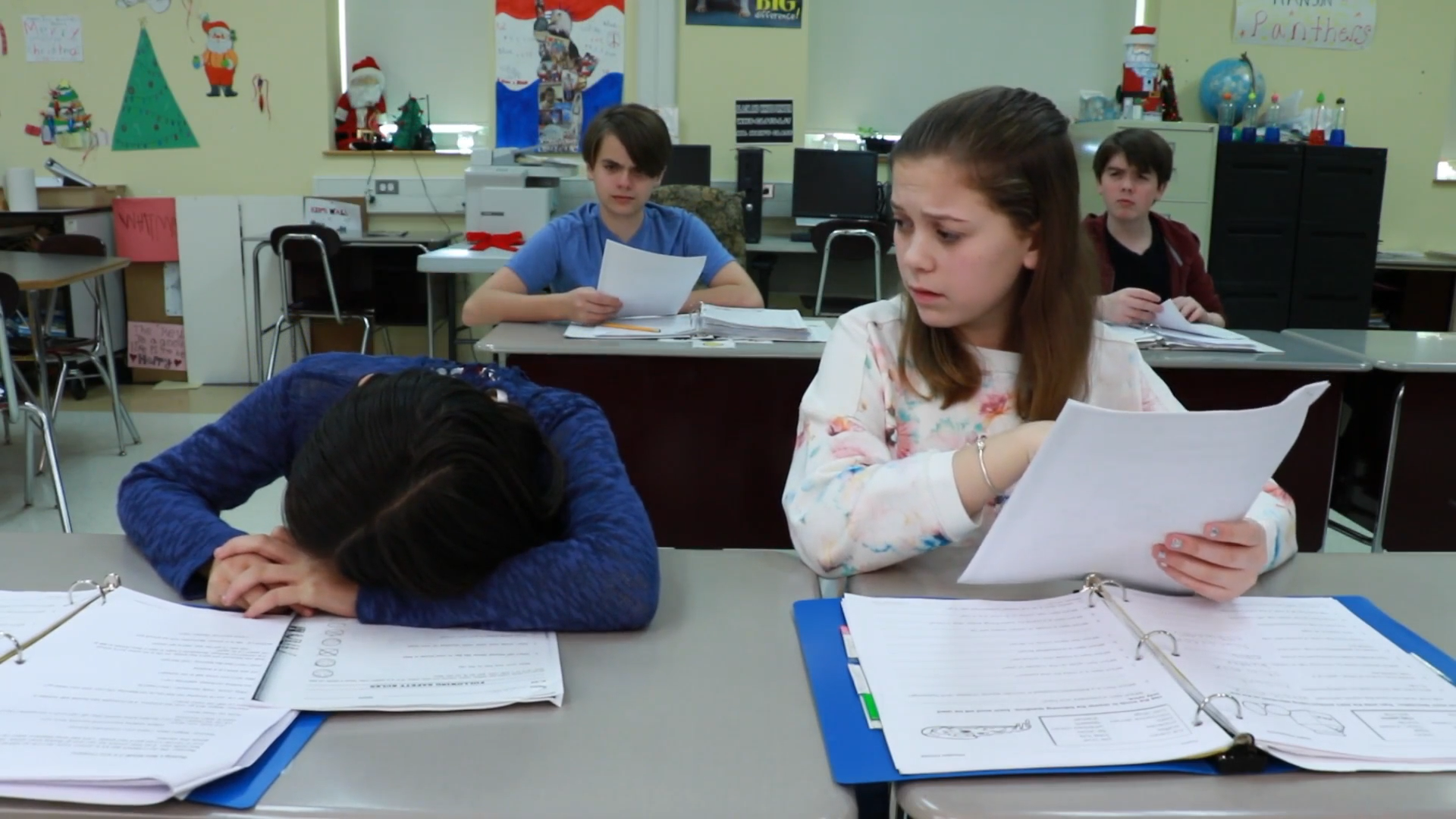
As educators, we understand that students face various challenges and disappointments in their academic journey, such as receiving a bad grade. It is essential to teach them how to handle these situations and develop resilience. In this blog post, we will discuss a no-prep activity that helps students learn to cope with disappointments and provide discussion questions to further explore this topic.
Introduction
Disappointment is a natural part of life, and learning to handle it effectively is crucial for students’ personal and academic growth. By incorporating Social-Emotional Learning principles, we can teach students how to manage their emotions and reactions when faced with disappointment, such as receiving a bad grade. Developing resilience will not only help them cope with setbacks but also empower them to face future challenges with confidence and determination.
No-Prep Activity: The Disappointment Circle
This activity requires no preparation or materials and can be easily implemented in the classroom. The objective is to help students identify their emotions and learn effective strategies for handling disappointments.
- Ask students to form a circle and take turns sharing a recent disappointment they experienced, such as a bad grade or a missed opportunity.
- Encourage students to express their feelings and emotions about the situation.
- Ask the other students to offer support and suggestions on how they could handle the disappointment in a better way. Some examples include taking deep breaths, talking to the teacher, or finding ways to improve.
- Continue the process until every student has had a chance to share and receive feedback from their peers.
This activity promotes open communication, empathy, and problem-solving skills while teaching students to handle disappointment and develop resilience.
Discussion Questions
- Why is it essential to learn how to handle disappointment and develop resilience?
- What are some strategies that can help students cope with disappointments?
- How can talking to a teacher or a trusted adult help when dealing with a disappointing situation?
- How can we support our classmates when they experience disappointment?
- Why is it important to maintain a positive attitude and continue working hard even after facing setbacks?
Related Skills
Teaching students to handle disappointment and develop resilience is closely related to other essential skills, such as:
- Emotional regulation: Learning to manage and express emotions in a healthy and appropriate manner.
- Empathy: Understanding and sharing the feelings of others.
- Problem-solving: Identifying and resolving problems effectively.
- Communication: Expressing thoughts, feelings, and ideas clearly and effectively.
- Self-awareness: Recognizing one’s emotions, strengths, and weaknesses.
Next Steps
Helping students handle disappointment and develop resilience is an essential aspect of their personal and academic growth. To further explore these skills and access more resources, sign up for free sample materials at Everyday Speech. Enhance your students’ Social-Emotional Learning journey and empower them to face challenges with confidence and determination.

